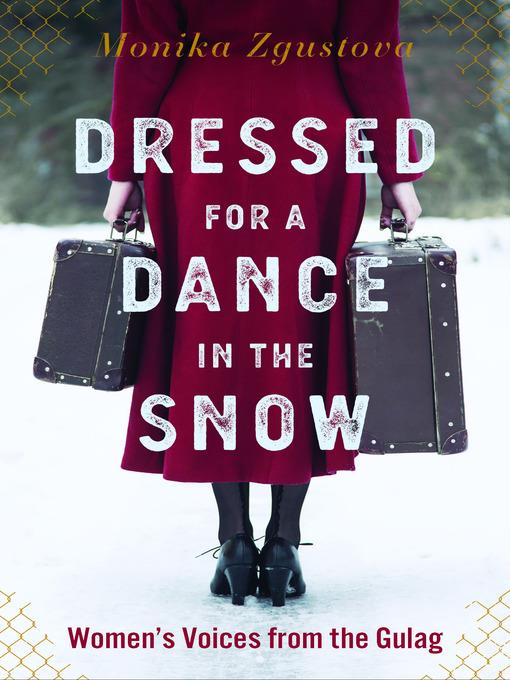
Dressed for a Dance in the Snow
Women's Voices from the Gulag
کتاب های مرتبط
- اطلاعات
- نقد و بررسی
- دیدگاه کاربران
نقد و بررسی

December 1, 2019
Oral histories of women imprisoned by the Soviets in the gulag or elsewhere, often startling in their lack of self-pity. Far fewer women than men were sent to Stalin's forced labor camps, and the imbalance has led to a corresponding gap in eyewitness accounts by female prisoners. Barcelona-based writer and translator Zgustova (The Silent Woman, 2014, etc.) offers partial redress in her oral histories of nine women, eight sent to the gulag and one to a horrific psychiatric prison. The best-known is Irina Emelyanova, exiled to Siberia with her mother, Olga Ivinskaya, who was the intimate companion of Boris Pasternak and inspired Lara in Doctor Zhivago. Her vivid account reveals less about the camps than about the novelist who rejected the Nobel Prize under pressure from the Soviets (he feared reprisals against her mother if he accepted). Actor Valentina Iyevleva is tragically representative of others: After her father was executed as an "enemy of the people," she ended up in a Siberian camp where women, even if pregnant, worked as loggers in deep snow, "often up to our waists or higher," in temperatures as low as 50 below zero, on starvation rations. Small acts of friendship or kindness could determine who survived the brutal conditions. Born in the gulag, Galya Safonova still has the books prisoners made for her from hand-sewn scraps, including a version of Little Red Riding Hood: "They are my greatest treasure." The most startling accounts come from women who say matter-of-factly--with no apparent self-pity--that their suffering had benefits. "If I had to live my life over, I would not want to avoid that experience," says Susanna Pechuro, who did more than five years' time for anti-Stalinist activity. The bitter experience helped after her release: "A person can turn into a monster in the camps, but if you come out of a camp and you don't become an ogre, you know that nothing in life can hurt you. You are armored." This rare collection shows the terrible cost of that armor. A worthy addition to the literature of the gulag that also features intimate glimpses of the author of Doctor Zhivago.
COPYRIGHT(2019) Kirkus Reviews, ALL RIGHTS RESERVED.

January 1, 2020
Between 2008 and 2013, Zgustova conducted interviews with women who had been imprisoned in the Russian gulag system. Her efforts resulted in these nine compelling profiles. The detailed and sympathetic accounts describe everyday life in Stalin's Russia, and tell how each woman came to the attention of Soviet authorities: one woman was the daughter of a writer denounced as an enemy of the state; another, a 17-year-old school girl who fell under the influence of a charismatic (and handsome) dissident classmate; a third was a war-time nurse who treated any wounded soldier who came her way, and so was denounced as a Nazi sympathizer. Despite their diverse sentences and assignments (Siberia, a coal mine, primitive work camps), the women's stories identify common elements that made survival possible: a passion for literature, an appreciation for the brutal yet majestic beauty of their natural surroundings, and the crucial importance of friendships and small acts of kindness. Several of these women have since passed away. Their stories are important, and these deft vignettes offer fitting testimonials.(Reprinted with permission of Booklist, copyright 2020, American Library Association.)

























دیدگاه کاربران